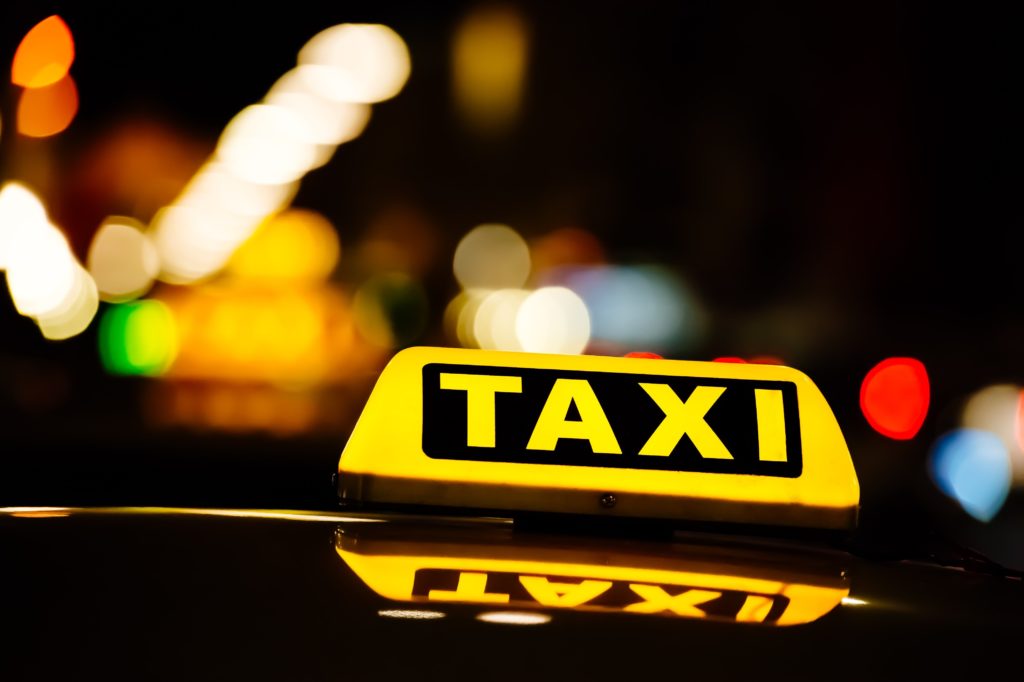The Peninsula
Why Is There No UberX in Seoul?
Published October 13, 2017
Category: South Korea

By Hayeon Carol Park
On September 21st, Uber Technologies, Inc. launched UberSHARE, a car pool service in South Korea, just a month after it launched the restaurant delivery app UberEATS. The successful launch of these services raise an important question: why is UberX still not offered in South Korea? The answer is simple – the South Korean government has banned UberX from operating in Seoul. However, there are market based incentives that should help convince Seoul to allow UberX to operate.
Uber has been attempting to enter the Seoul market since as early as 2013, but it was outlawed by the South Korean government in 2014. After a series of lawsuits and trials, the Seoul Central District Court ruled that Uber was violating Korea’s Passenger Transport Service Act by illegally using non-licensed private vehicles for commercial purpose. Uber was fined 10 million won ($8,840) for running an illegal business and was forced to stop operating. While looking for an opportunity to resume the UberX business in Seoul, Uber launched its premium taxi service, UberBLACK, last year. Once again, the Seoul government stepped in to limit UberBlack’s service through unusual regulations that allow UberX services to be provided only to foreigners, the disabled, or government officials.
Although Uber Technologies faced serious legal setbacks within the U.S., the opposition from South Korea, and many other foreign countries for that matter, reveals protectionist attitudes against foreign competitors. In London, Uber was recently banned by the local governing body, Transport for London, for not following local laws, which raises suspicions that the ban was a move to protect the existing local taxi apps such as Gett and Mytaxi. Similar suspicions can be raised for Korea – South Korea’s development paradigm during the 1960’s and 1970’s was founded on tight cooperation between industry and government, wherein the Korean government provided an appropriate incubation environment for the Korean companies by limiting foreign competitors from entering the market.
As such, the South Korean government outlawing Uber in Korea can only be discussed in the context of supporting KakaoTaxi. Daum Kakao, the maker of South Korea’s most popular messaging app, launched KakaoTaxi in Korea in March 2015, but it is not as innovative as Uber. Uber is a real-time ride-sharing technology, while KakaoTaxi is simply an app used to order regular taxis. KakaoTaxi has not only signed an agreement with the mostly government-owned subway card maker Korea Smart Card Corp., but it also partnered with the Korean National Joint Conference of Taxi Association, the Seoul Taxi Association, and the Federation of Korean Taxi Workers’ Union.
When Uber was trying to expand its services in Seoul, the Seoul government was faced with immense pressure from the taxi unions, known to have huge lobbying power in Korea. In response, the Korean government began cracking down on Uber drivers by even offering a reward of 1 million won to Koreans that notified them if they ever saw an Uber driver. “I cannot see how this ordinance serves the interests of Seoul citizens. It leads us to question that the City’s officials are bowing to pressure from taxi associations, which have declared war on competitors,” said Allen Penn, head of Asia operations for Uber. By the time UberBLACK launched in Seoul, the government had already ensured that KakaoTaxi had cemented its market dominance.
Korean taxi drivers feel threatened by Uber and perhaps understand that customers are unhappy with traditional taxi services. Taxi drivers around the world are shielded from competition and therefore become lax enough to offer poor service at inflated prices. On the other hand, Uber operates efficiently without traditional barriers for entry. While the Uber drivers do have to pass basic background checks, they do not have to obtain $1 million dollar medallions as in New York City, for example, to operate.
Allowing Uber to compete with KakaoTaxi will not only improve people’s lives with more consumer choice, but also improve the quality of the existing taxi services in Seoul. If UberX was in Seoul, regular taxi drivers would have no choice but to innovate and improve their services in order avoid becoming outdated and losing market share. In my experience, Korean taxi drivers tend to drive recklessly, swear in bad traffic, and provide bad service. On the other hand, Uber drivers have an incentive to drive safely and provide quality service, as they need to maintain high rating in order to stay in the market. Regular Korean taxi drivers would have no choice but to emulate this behavior in the marketplace.
The government’s decision to ban Uber may have particularly significant consequences if it harmed Korea’s reputation as a capital of futuristic high tech business. Seoul mayor Park Won-soon has claimed he wants to make South Korea’s capital a global role model for the sharing economy, but he is opposing a company that helped launched this global phenomena. If South Korea continues to push back against the concept of the sharing economy while the rest of the world is gradually becoming Uberized, it will only be a matter of time before Seoul is no longer a leader in digital technology.
Rather than yielding to the demands of the taxi drivers, the Korean government should remove onerous restrictions and allow Uber to operate in Korea while competing fairly with KakaoTaxi. Fortunately, the successful launch of the UberEats and UberPOOL signals that consumer demands are often strong enough to offset the regulatory forces. Despite this, more can be done to provide greater consumer freedom and flexibility for international businesses.
Hayeon Carol Park graduated from Yale University with a Master’s degree in International and Development Economics. The views expressed here are the author’s alone.
Photo from Automobile Italia’s photostream on flickr Creative Commons.
